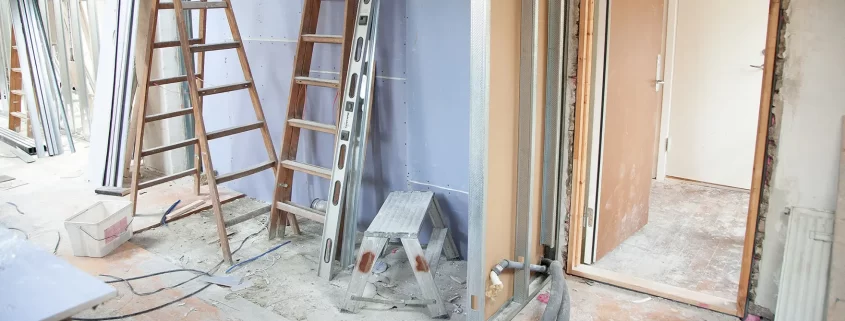HICPA and the Hiccups of Home Repairs
Home repairs and renovations can be costly and time-consuming. While some work on your home can be a breeze to have done, other work comes with the stress of ever-changing deadlines and busted budgets. No one needs the added stress of a contractor who does not complete the work or does not complete it well. That is why Pennsylvania passed the Home Improvement Consumer Protection Act (HICPA) in 2009.
There are two primary litigation scenarios we see invoking HICPA. The first scenario occurs when a contractor completes the work but does not receive full payment from the client. Typically, the client withholds payment because the work was not completed to standards and is awaiting further work, or there is a disagreement over the actual contract price. The second scenario occurs when a client pays a contractor the full contract price, but the contractor does not complete the work as agreed. In both scenarios, it is important to have a written contract evidencing the precise nature of the work, the full price and a proposed completion date. Although litigation under HICPA can go both ways, we must recognize that the purpose of the statute is to protect the consumer from fraudulent business practices.
One protection provided by HICPA comes from its requirement that all contractors in the state be registered with the Bureau of Consumer Protection in the Office of Attorney General. Each registered contractor receives a unique identification number, which is to be printed on all home improvement contracts. Registration can be verified online by consumers using the contractor’s trade name, address, telephone number or registration number. By performing a registration search, homeowners can make sure they are working with legitimate contractors who have provided proof of liability insurance as required by HICPA.
HICPA also protects the consumer by requiring that all home improvement contracts include certain elements for them to be enforceable against a client. It also deems certain clauses voidable, such as any provision stating that the contractor shall be awarded attorney fees or costs if the contract becomes the subject of litigation. In fact, it is the consumer who can recover triple their damages as a result of a contractor’s violation of HICPA since a violation of the statute is deemed a violation of the Unfair Trade Practices and Consumer Protection Law, which allows for the recovery of treble damages. This only underlines Pennsylvania’s interest in making sure that consumers are protected from fraudulent business practices by home improvement contractors.
If you find yourself in a legal dispute over a home improvement contract, the attorneys at Cornerstone Law Firm can help. Contact our office today and schedule a consultation.



